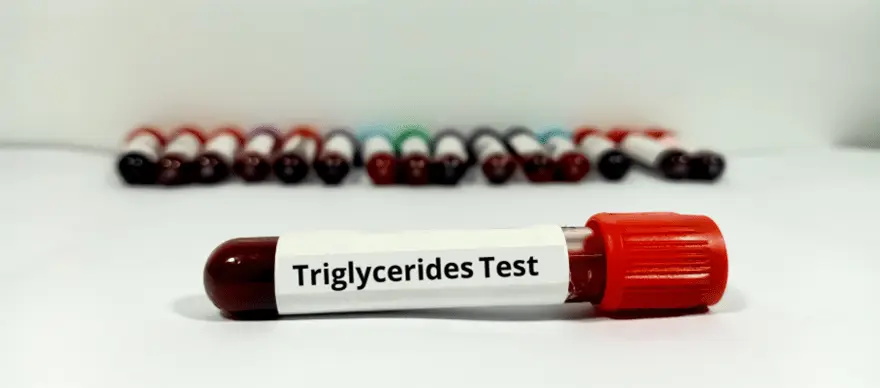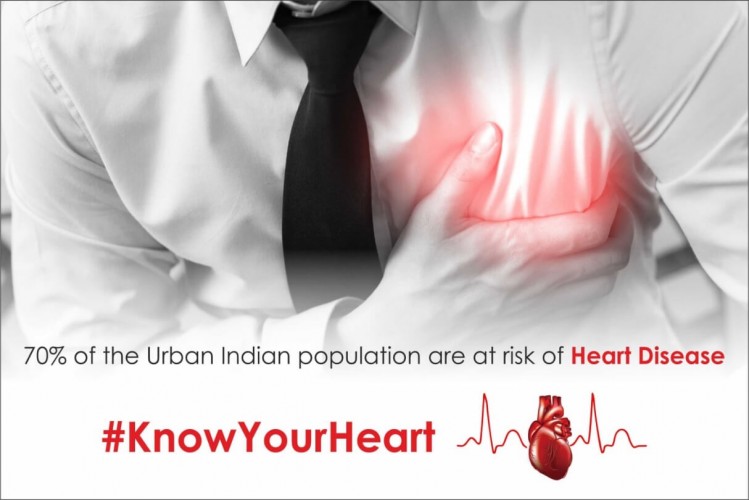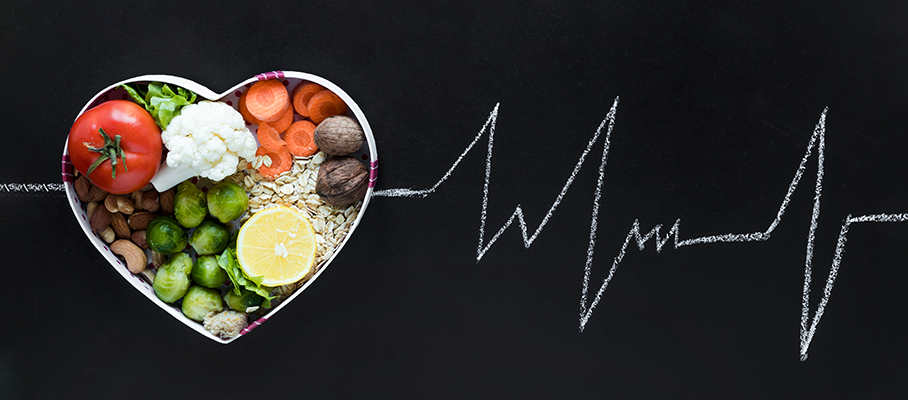Latest Blogs
Know about your Heart on this World Heart Day 29th Sept 2018
Heart, the little organ sitting in our chest, works continuously throughout our life. It keeps on pumping and circulating blood in our body. While our heart works tirelessly to keep us going, we do our bit by damaging it in every possible way -many a times subconsciously. On World Heart Day which falls on 29th September, let us come together and make conscious efforts to know this very important organ and vow to take care of it. What is heart and what are its functions? The heart is a muscular organ that pumps blood and circulates it throughout our body, making up the circulatory system. The blood carries oxygen and nutrients to the body tissues which is the basic requirement of survival. What are the different ailments of heart? Heart failure is the deadliest among all the heart problems but to reach to that point the heart goes through a number of phases. It starts from Angina or chest pain due to blockage in the blood vessel supplying blood to the heart muscle. If remained untreated it may eventually lead to Myocardial Infarction or Heart Attack in common terms which happens because of death of cardiac muscle cells. Other ailments in this cycle are LVH (Left Ventricular Hypertrophy), IHD (Ischemic Heart Disease) and CHD (Congestive Heart Disease). Other ailments like Valve diseases and Cardiomyopathy are also common in the Indian Population. The most common of them all which leads to high rates of mortality and hospitalization, is Heart Attack. Let us understand what the possible indicators of the onset of heart attack could be. Signs and Symptoms of heart attack: Many people, who have a heart attack, pose with some warning signs while some remain totally asymptomatic. The early warning signs of a heart attack include: Breathlessness Cold Sweat Palpitation Pain in upper body parts Severe signs and symptoms include High to very high chest pain Severe pain in upper body parts, mainly shoulders and upper arms Nausea and Dizziness Heavy Breathing What are the risk factors of a heart attack? A heart attack can occur to anyone but there are some risk factors that enhance the susceptibility to an attack. They are categorized into Uncontrollable and Controllable risk factors. Uncontrollable risk factors: Age- In Today’s fast-moving world people as young as 35 years of age are also vulnerable, however the prevalence is more common in age group of 60+. Sex- Men are more susceptible as compared to women. However, post menopause, women become more susceptible. Race- People of African descent are more susceptible. Family History- People who have a family history of heart ailments are at a greater risk. Controllable risk factors: Smoking Alcohol consumption Obesity High cholesterol Unhealthy diet Lack of exercise High Sugar Levels Stress How can you prevent a heart attack? There are many risk factors that are not in your control but of course, there are risk factors which we can control. Following are some basic tips that keep away the chances of a heart attack. Adopting a healthy lifestyle should be the first step in dealing with the possible chances of a heart attack. Quitting the awful habit of smoking should be on top priority. Other things that can be done to improve the health of the heart are: Maintaining a heart-healthy diet There are many heart-healthy foods that cut off the chances of a heart attack. The best foods for heart health include: Fishes with high omega-3 content like salmon, mackerel, trout, herring, and tuna Nuts like almonds and walnuts Dark beans like black beans or kidney beans Berries like blueberries, cranberries, raspberries, and strawberries Red, orange, and yellow vegetables like carrots, red peppers, sweet potatoes, etc. Fruits like papaya, oranges, etc. Dark chocolate Flax seeds Tofu Regular workout Working out regularly is a must. Indulge in any physical activity like running, swimming, yoga, or a sport. Quit alcohol and smoking Alcohol consumption and smoking do irreparable damage to the heart. Quit them as soon as possible. Regular Check-ups Regular heart check-up is really necessary. Keep a tab on your lipid, sugar and weight levels. Consult your doctor at regular intervals. The Bottom Line Maintaining a proper heart health is the only thing that could keep us going. On this World Heart Day, come together and pledge that we will know our hearts and will always take care of it. https://www.youtube.com/embed/rlzFwUQhfHU
Top Heart Healthy Foods for you
Heart Healthy Foods Nutritional Value Ground Flaxseed Omega 3 Fatty Acids, Fibre, phytoestrogens Almonds & Walnuts Omega 3 Fatty Acids, Vitamin E, Magnesium, Mono and Polyunsaturated fats, phytosterols Black or Kidney Beans B Complex Vitamins, Niacin, Folate, Magnesium, Omega 3 Fatty Acids, Calcium, Soluble Fibre Oatmeal Omega 3 Fatty Acids, Magnesium, Pottasium, Folate, Niacin, Calcium, Soluble Fibre Brown Rice B Complex Vitamins, Fiber, Niacin, Magnesium Broccoli Beta Carotene, Vitamin C & E, Pottasium, Folate, Calcium, Fibre Sweet Potato Beta Carotene, Vitamin A, C & E, Fibre Oranges Beta Cryptoxanthin, Beta and Alpha Carotene, Lutein and Flavones, Vitamin C, Pottasium, Folate, Fibre Spinach Lutein, B Complex Vitamins, Magnesium, Potassium, Calcium, Fibre Tomatoes Beta and Alpha Carotene, Lycopene, Lutein, Vitamin C, Pottasium, Folate, Fibre














